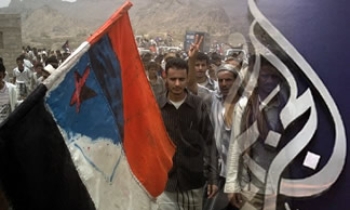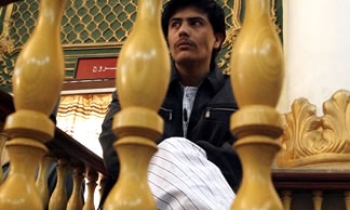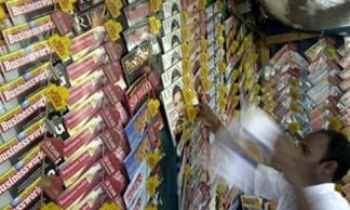Press freedom groups have called for a full "independent and exhaustive" inquiry into the shooting of an Iraqi woman journalist in Baghdad by American soldiers. Hadil Emad, 25, an editor with Biladi TV was shot and critically wounded by America soldiers as she was heading home in the al-Karrada district of Baghdad on January 1, 2009.
A statement by the US military said that on New Year's Day US troops shot a woman who "acted suspiciously and failed to respond to warnings."
"The Iraqi Police and Soldiers observed the woman acting erratically," the statement said. "Concerned by the danger she might present to the security forces and civilians, given her repeated failure to respond to warnings [Multi-National Division] Soldiers fired two rounds, wounding the woman." The statement did not identify Emad as a journalist and didn't specify what type of measures were taken before she was fired upon. It also said the Multi-National Division and the Baghdad Operations Command "are conducting a joint investigation of this incident."
"We call on the authorities to immediately and transparently investigate this incident," said Committee to Protect Journalists (CPJ) Executive Director Joel Simon. "The US military should specify how Hadil Emad's behaviour was erratic or suspicious. Her shooting demonstrates that journalists continue to face significant risk just to move around Baghdad."
A statement from the channel said that Emad was taken to al-Yarmuk hospital, where she remains in critical condition with abdominal injuries. Muhsin Kadhim, a spokesman for the channel, told the New York Times that Emad had "suffered severe internal bleeding and organ damage" and that one of her kidneys had been removed during emergency surgery.
"The circumstances of our colleague's shooting are suspicious," said Aidan White, International Federation of Journalists (IFJ) General Secretary "and we demand a thorough, independent and exhaustive investigation to determine what led American soldiers to fire on an unarmed young woman."
American military authorities in Iraq claimed that the journalists was shot because she "acted suspiciously and failed to respond to warnings". But IFJ has challenged this account saying "there was nothing suspicious about Emad, a journalist who was returning home from work."
IFJ says the American authorities should be held accountable for their action and remains concerned about American treatment of Iraqi civilians and journalists. The federation remains angry that American military have kept in detention Ibrahim Jassam Mohammed, an Iraqi journalist freelance photographer, in defiance of an Iraqi court order for his release.
"In situations like this too often the benefit of the doubt is placed with soldiers who already exercise extraordinary control of life and death over civilians," said White. "It is time for clear and full answers to be given over the actions of the United States military."
Sixteen journalists have been killed by the US military since the war began in 2003.









